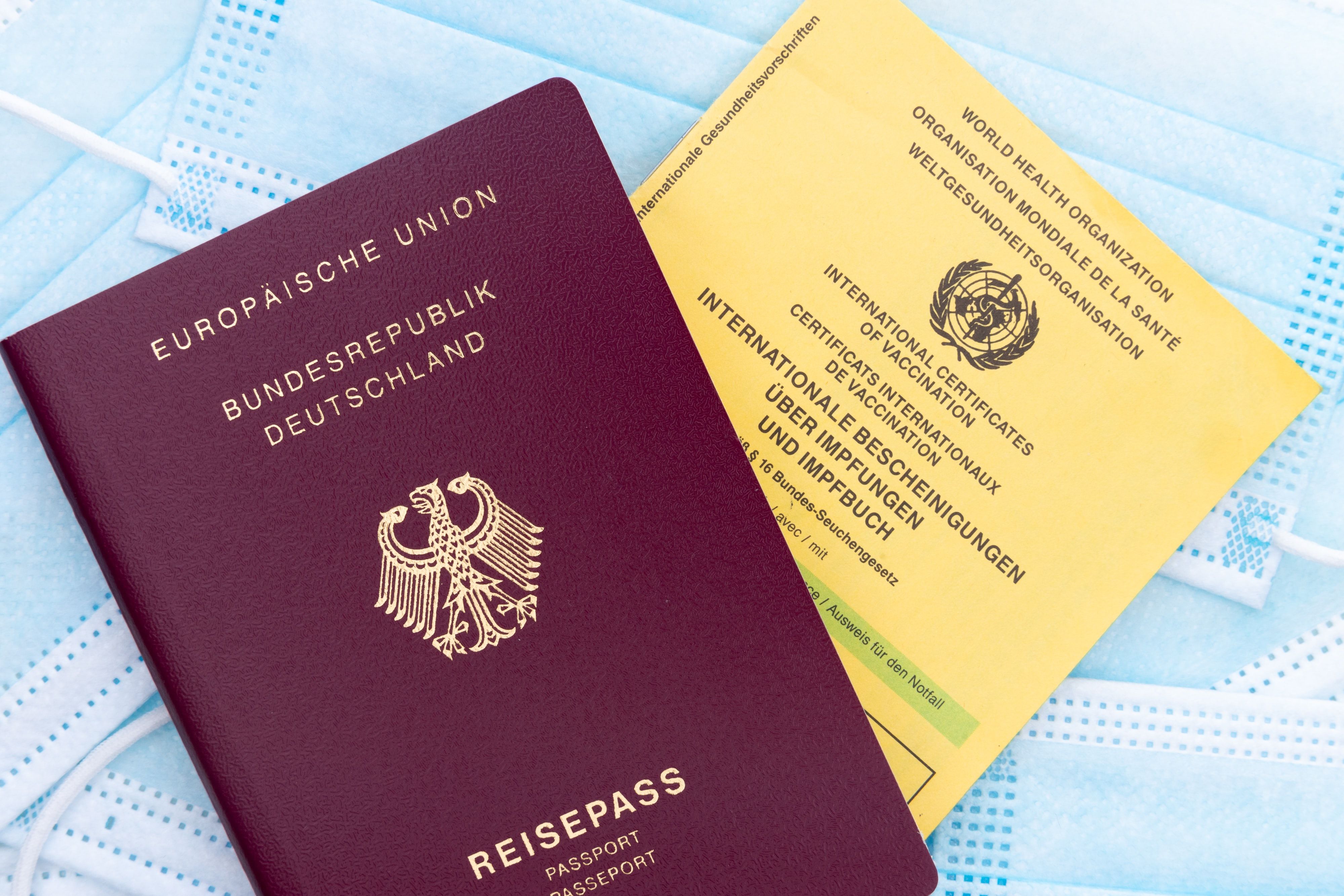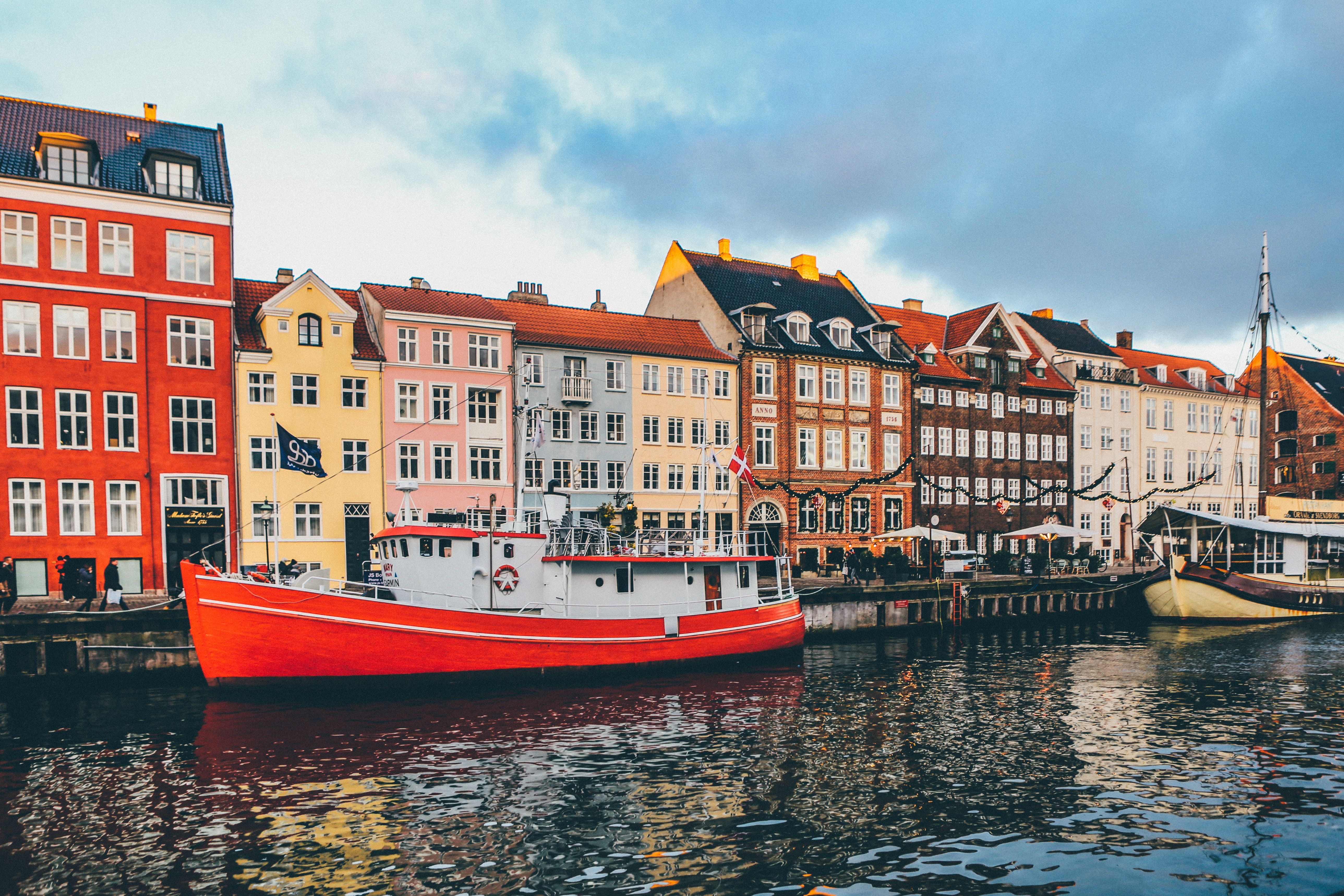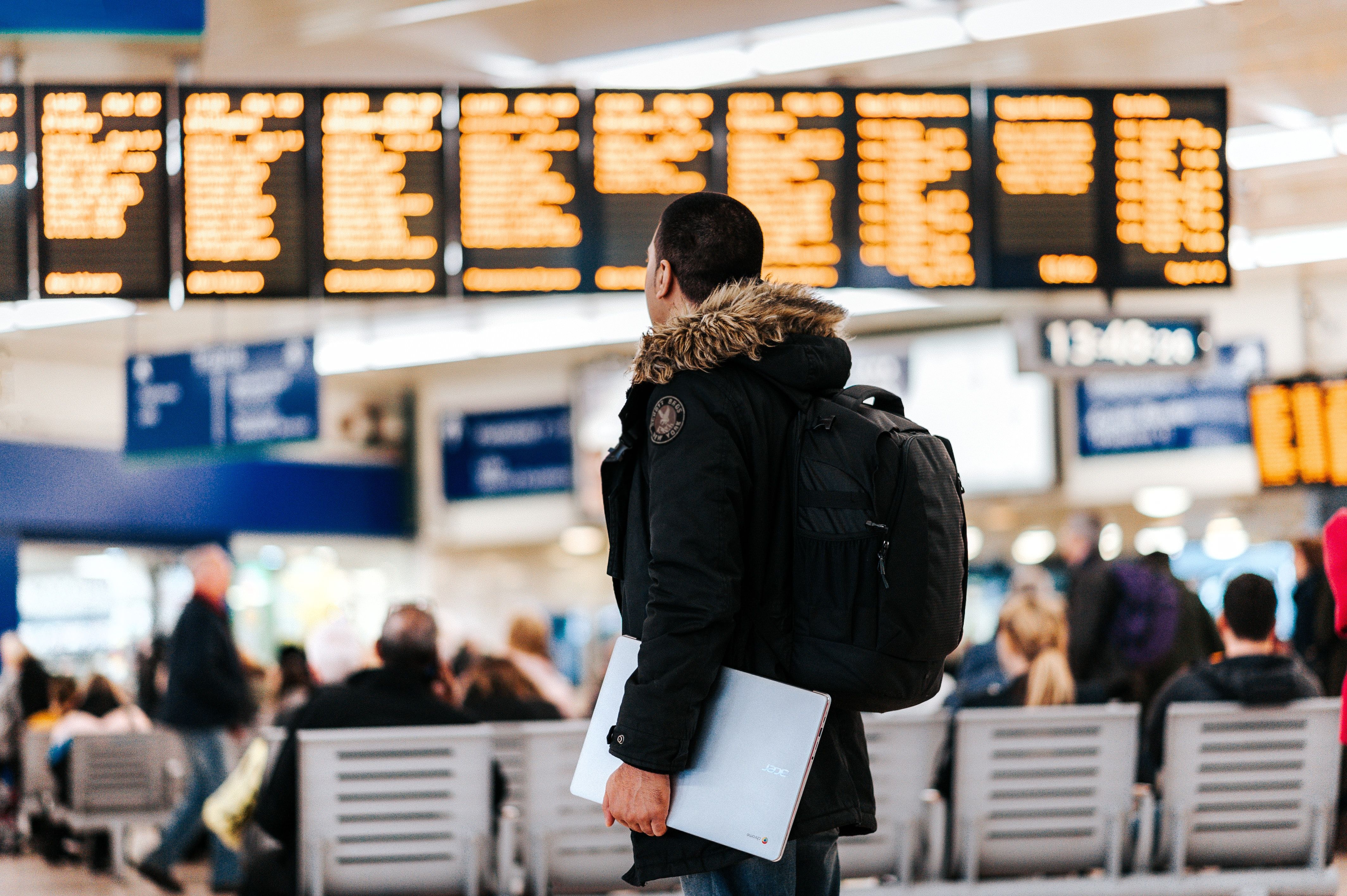After enduring COVID-19 for so long, the world is slowly opening up again to international travel. But doing so is by no means easy.
The situation continues to change rapidly, while restrictions vary from country to country. That goes for both in terms of who can enter and what you can do if you make it past border control. One way that nations are attempting to welcome visitors from abroad and reopen their own societies safely is through vaccine passports.
But what are these "immunity passports"? How do they work? And what are the potential problems of them?
What Are Vaccine Passports and How Do I Get One?

Vaccine passports are certificates that prove you're fully vaccinated against COVID-19. Often issued digitally, they're also accepted in paper format in some places. To get one, you must have received your doses from a provider verified in whichever region you're getting one from.
However, receiving a complete vaccination is not the only way you can obtain a vaccine passport. In Denmark, for example, you can domestically use your first shot as a vaccine passport 14 days after receiving it—though this will expire if you don't get the second jab within 42 days of the first.
You can also get a vaccine passport if you've already been infected with COVID-19 but have recovered and no longer show symptoms. However, this form of immunity passport is only available for a limited timescale. For trips abroad, you can also get this kind of passport in some areas with a negative test. Whether a PCR or antigen test is required will depend on where you're traveling to.
Where Are Vaccine Passports In Effect?

China has offered citizens a COVID-19 vaccine passport since March 2021.
Since then, the EU Digital Covid Certificate has rolled out across the European Economic Area (EEA). This certification is available for all citizens of these nations who meet the conditions. Non-EU citizens living in an EEA country can also obtain the EU Digital COVID Certificate. So, a Canadian living in Sweden could use it to travel to countries accepting this—even if that nation banned international travel from Canada.
Switzerland is not part of the EU or EEA but is in the Schengen zone. It has its own version of the COVID certificate, which—as the country's Federal Office of Public Health points out—is "interoperable" with the EU equivalent.
The UK is no longer part of the EU and was never part of the Schengen area even when it was a member. It has its own version of the EU and Switzerland's vaccine passports, which is available for residents vaccinated via the National Health Service (NHS). However, only some countries accept this passport at the time of writing.
In the US, New York has its own vaccination passport, titled the Excelsior Pass. Hawaii also has something similar. But on a state-by-state basis, not everyone has welcomed such documentation. Many states, including Florida, Texas, and Arizona, have banned them.
US citizens who have received their COVID-19 vaccines get a card from the Centers for Disease Control and Prevention (CDC). However, not every country accepts these.
What Is the Purpose of a Vaccine Passport?

In principle, vaccine passports aim to help society open up again supposedly without the risk of infections rising significantly. Individual countries and states have used immunity passports to help businesses welcome back customers again. In Denmark, for example, you can use your "Coronapas" ("Corona passport" in English) to go to the gym, get a haircut, visit restaurants, and more.
Away from domestic reasons, vaccine passports also aim to make international travel more accessible again. In the EU, for example, the European Commission says:
"When traveling, the EU Digital COVID Certificate holder should in principle be exempted from free movement restrictions: Member States should refrain from imposing additional travel restrictions on the holders of an EU Digital COVID Certificate unless they are necessary and proportionate to safeguard public health."
How Does the Vaccine Passport Work in Practice?

When you get an immunity passport, the documentation will typically include a QR code. You will normally need to show this code for scanning when asked to do so. The purpose of having a QR code, or something similar, is to ensure that the pass has not been forged.
Domestically, you might not need to scan a QR code in every place you need an immunity passport. Instead, showing the documentation will suffice in such cases. However, you'll often need to have some form of ID—such as your national health card—to prove that it's your passport.
Why Are Some Protesting About Vaccine Passports?
Despite many countries and states adopting vaccine passports, they have understandably been met by a lot of criticism.
Some have argued that vaccine passports and similar documentation are an infringement on personal freedom. In many cases, those unable to show proof of immunity cannot gain entry to a whole host of institutions.
Another criticism of vaccine passports relates to discrimination. In the UK, for example, William Wragg, Chair of the Public Administration and Constitutional Affairs Committee (PACAC), said:
"As vaccine uptake statistics indicate, any COVID certification system will be a discriminator along the lines of race, religion, and age. Frankly, the government needs to scrap any idea of introducing Covid passports."
Others against COVID passports have criticized such certification because of privacy-related concerns. When Florida banned COVID passports, as reported by the Miami Herald, Governor Ron DeSantis argued that part of the reason he signed the executive order enabling this was because of the "huge" privacy issues it could result in.
Elsewhere, concerns have been raised about the effectiveness of immunity passports in the first place. As reported by Reuters in April 2021, the World Health Organization (WHO) said at the time:
"We as WHO are saying at this stage we would not like to see the vaccination passport as a requirement for entry or exit because we are not certain at this stage that the vaccine prevents transmission."
The New Normal With Immunity Passports?
COVID-19 immunity passports have grown increasingly popular and are now mandatory to participate in certain activities in some countries. The concept is pretty simple, and this documentation could offer a way for the world to get back onto its feet after the pandemic. At the same time, their implementation is far from straightforward.
While some countries have high levels of trust in their institutions and will be happy to participate in such schemes, others will fear that this is an act of privacy infringement.
It's also important to ask how long these passports will remain in place. Are they temporary, or can we expect them to be necessary for the foreseeable future? These, along with questions about discrimination and freedom—plus separating facts from misinformation—must be answered for this documentation to roll out effectively worldwide.
![How to Find IMSI Number on iPhone [Helps with iOS Unlock][Updated] data:post.title](https://blogger.googleusercontent.com/img/b/R29vZ2xl/AVvXsEjLjHwhnfUXNJTuiylqmlurhLRVAEVi803j6xcnvN8EZwF5_XUynz1y0Ko-vwpx6O3nT5hogTELahedGzgQpXM5Y99fcBliinyBu8ACw8_DVV3FpPLkIqR0u7v_HM39rAkpV5MyJiG1h5s/s72-c/find+imsi+iphone.jpg)